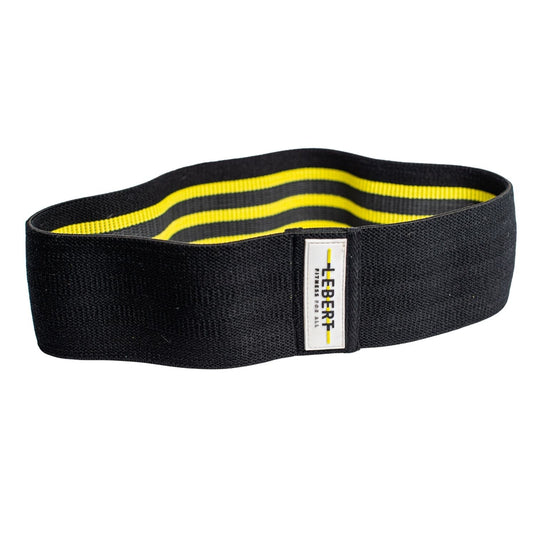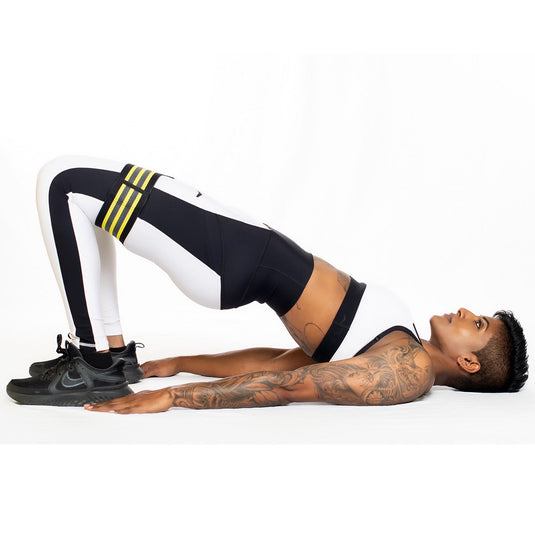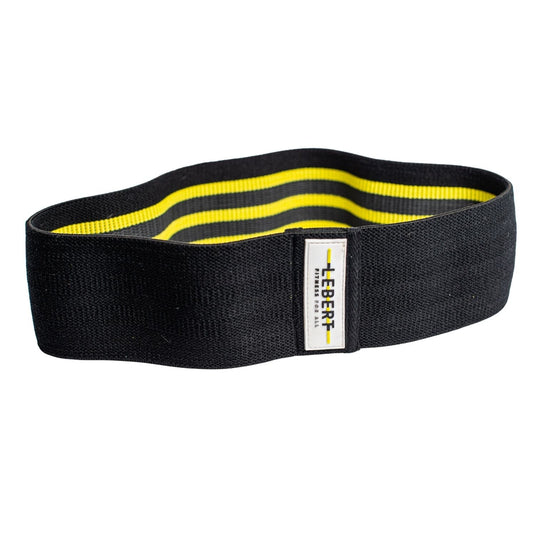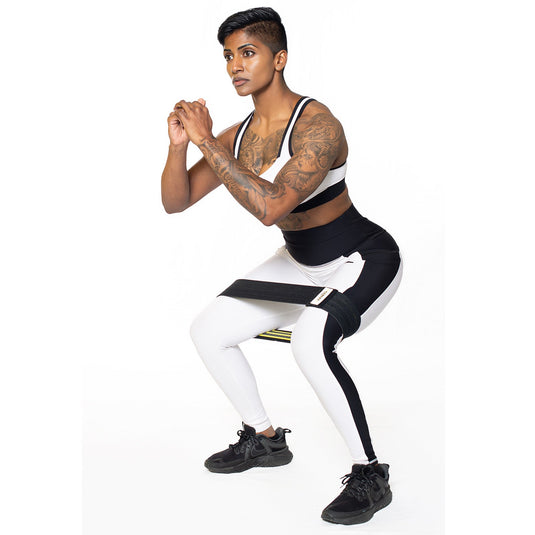product > resistance bands
Resistance Bands
Are you prepared to enhance your workout routine and achieve your fitness objectives with unparalleled versatility and convenience? Look no further than the realm of resistance bands, stretch bands and resistance tubing! In this comprehensive guide, we will explore the world of resistance bands, uncovering their benefits, applications, and the finest options available. Whether you are a fitness enthusiast, a beginner embarking on a wellness journey, or someone seeking a portable workout solution, this guide is the key to unlocking the full potential of resistance bands.
Ready to start your resistance band journey? Check out our selection of the best resistance bands, suitable for all fitness levels and goals. Shop Now to find the perfect bands for your workout routine
What Are Resistance Bands?
Resistance bands, often referred to as exercise bands or workout bands, are flexible, stretchable bands made from various materials, such as rubber or latex. They come in different types, including loop bands, tube bands, and figure-eight bands. Each type serves specific purposes and offers unique advantages.
Resistance bands are designed to provide resistance against muscle contractions. When you stretch a resistance band, it creates tension, making your muscles work harder during exercises. This resistance can vary, depending on the band's thickness, length, and the level of stretch. Resistance bands come in various resistance levels, making them suitable for users of all fitness levels.
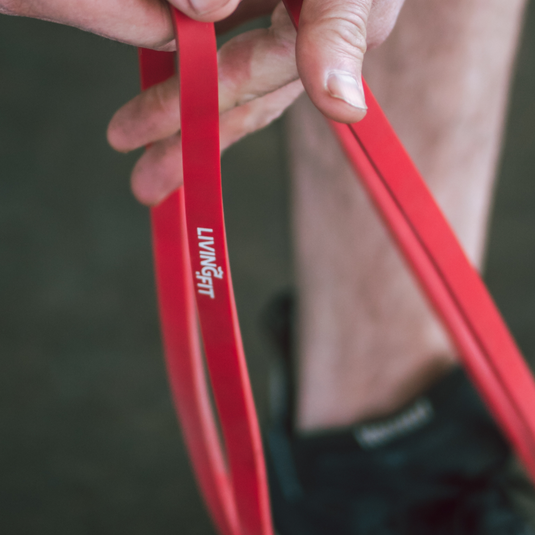
Benefits of Using Resistance Bands
Resistance bands have taken the fitness world by storm, and rightfully so. These elastic marvels offer a range of benefits catering to various fitness levels and goals. Whether your aim is to build strength, improve flexibility, or simply stay active, these workout bands provide a versatile and effective means to accomplish your fitness aspirations.Here are some of the benefits of resistance bands.
Strength and Muscle Building
Resistance bands are excellent tools for building strength and muscle. They allow you to target specific muscle groups with precision, making them a valuable asset for both beginners and advanced fitness enthusiasts. Whether you're aiming to sculpt your biceps, tone your glutes, or strengthen your core, resistance bands can provide the necessary resistance to achieve your goals.
More Benefits of Resistance Bands
Rehabilitation and Injury Prevention
Physical therapists often use resistance bands in rehabilitation programs. These bands provide a controlled and gradual increase in resistance, making them ideal for recovering from injuries and preventing future ones. The controlled nature of resistance bands allows individuals to perform gentle, low-impact exercises to regain strength and mobility, reducing the risk of reinjury.
Portability and Convenience
One of the standout features of resistance bands is their portability. They are lightweight and easy to carry, making them perfect for home workouts, travel, or adding variety to your gym routine. With resistance bands, you can transform any space into your personal workout zone, allowing you to stay consistent with your fitness regimen wherever you go.
Versatility in Workouts
Resistance bands can be used for a wide range of exercises, including upper body workouts, lower body workouts, and core strengthening exercises. Their adaptability makes them suitable for various fitness levels. Whether you prefer strength training, Pilates, yoga, or rehabilitation exercises, resistance bands can easily be incorporated into your routine.
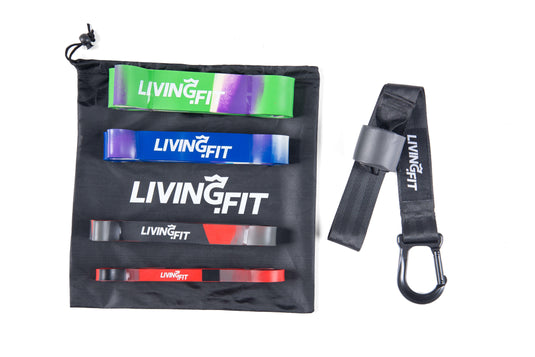
Choosing the Right Resistance Band
Selecting the appropriate resistance band is crucial to ensure you get the most out of your workouts. Consider the following factors when making your choice:
Considerations for Different Fitness Levels
Resistance bands come in different levels of resistance, such as beginner, intermediate, and advanced. Choose a band that matches your current fitness level and allows for progression as you get stronger. Starting with the right resistance level ensures that your workouts remain challenging yet achievable.
More About Choosing the Right Resistance Band
Determining the Resistance Level
Resistance bands are typically color-coded to indicate their resistance level. However, resistance can vary between brands, so it's essential to check the product description or consult with a fitness professional to find the right level for your needs. If you're uncertain, it's a good idea to begin with a set that includes bands of varying resistance levels to accommodate your evolving fitness journey.
Length and Width of Resistance Bands
The length and width of the band can affect its versatility and usability for various exercises. Longer bands may be better for full-body exercises, while shorter ones are suitable for isolation movements. Consider your workout preferences and space available when choosing the right length and width for your resistance bands.
Handles vs. No Handles
Some resistance bands come with handles, which can provide a more comfortable grip and allow for additional exercise variations. Consider whether handles are necessary for your workout routine. Handles are particularly useful for exercises that involve pushing and pulling motions, as they enhance stability and control.
Material and Durability
Quality matters when it comes to resistance bands. Look for bands made from durable materials that can withstand repetitive stretching and provide consistent resistance. Latex and rubber bands are common choices for their durability and elasticity. Be sure to check the manufacturer's guidelines for maintenance to prolong the life of your resistance bands.
Resistance Band with Special Features
Some resistance bands come with unique features, such as anti-slip coatings or color-coding for easy identification of resistance levels. These features can enhance your workout experience and contribute to safety and convenience. Consider whether these extras align with your preferences and fitness goals when making your selection.
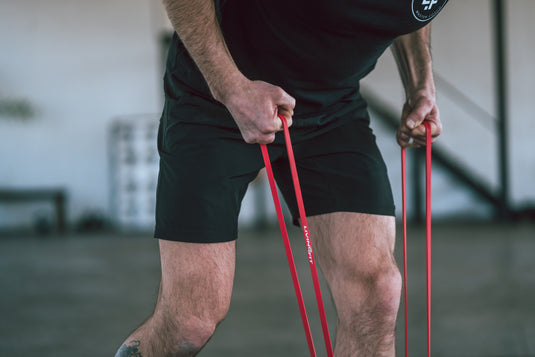
How to Use Resistance Bands
Once you've chosen the right resistance bands for your needs, it's essential to understand how to use them effectively. Here are some tips to help you get started.
Basic Resistance Band Exercises and Techniques
Upper Body Resistance Band Exercises
- Bicep Curls: Hold the resistance band with both hands, palms facing upward. Slowly curl your hands toward your shoulders, engaging your biceps. Keep your elbows close to your sides for maximum effectiveness.
- Shoulder Press: Stand on the center of the band with your feet shoulder-width apart. Hold the band at shoulder height with your palms facing forward and push it upward, extending your arms fully. Maintain control throughout the movement and avoid locking your elbows.
More Resistance Band Exercises
Lower Body Resistance Band Exercises
Squats:
Place the resistance band under your feet and hold the other end at shoulder height. Perform squats while keeping tension on the band. Ensure proper squat form by maintaining a straight back and pushing your hips back and down.Lateral Leg Raises:
Attach one end of the band to a stable object, such as a doorknob, and secure the other end around your ankle. Stand sideways to the anchor point and lift your leg outward against the resistance. This exercise targets your hip abductors.
Core Resistance Band Exercises
Russian Twists:
Sit on the floor with your legs extended and loop the resistance band around your feet. Hold the band with both hands and lean back slightly. Rotate your torso to the right, bringing the band to the side of your hip, and then rotate to the left. This exercise engages your obliques.Plank with Band Row:
Get into a plank position with the resistance band anchored to a sturdy surface. Hold the band handles in each hand and perform a rowing motion, pulling the band toward your hip while maintaining a stable plank position.
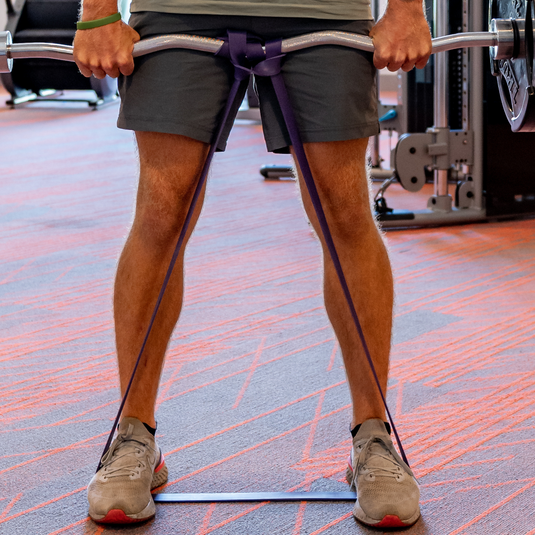
Safety Precautions
While resistance bands are generally safe and effective, it's essential to take precautions to prevent injury:
- Regularly inspect your resistance bands for any signs of wear or damage. Replace them if you notice tears, cracks, or weakening of the material.
- Always warm up before using resistance bands to prepare your muscles and joints for exercise. Gentle stretching and light cardio can help increase blood flow and reduce the risk of injury.
- Pay close attention to your form during exercises to avoid straining or overstretching. Maintain control throughout the entire range of motion, and avoid jerky or uncontrolled movements.
- If you're new to resistance training, start with lower resistance levels and gradually increase the intensity of your workouts. This approach minimizes the risk of overexertion.
- If you have any pre-existing medical conditions or injuries, consult with a fitness professional or physical therapist before incorporating resistance bands into your routine. They can provide guidance on safe and effective exercises tailored to your specific needs.
Achieving Your Fitness Goals With Resistance Bands
Building Strength and Muscle With The Resistance Band
Resistance bands are excellent tools for building strength and muscle definition. By consistently incorporating resistance band exercises into your routine, you can progressively increase the resistance level, challenging your muscles to adapt and grow stronger. This gradual approach helps prevent plateaus in your strength gains and allows you to target specific muscle groups with precision.
Improving Flexibility and Mobility
Resistance bands can also aid in improving flexibility and mobility. Incorporating stretching exercises with resistance bands into your routine can help increase your range of motion and reduce muscle stiffness. Enhanced flexibility can lead to better posture, reduced risk of injury, and improved overall mobility.
Weight Loss and Calorie Burning
Resistance band workouts can contribute to weight loss efforts. While they may not burn as many calories as high-intensity cardio exercises, they do play a role in increasing your metabolism. As you build lean muscle mass, your body's resting metabolic rate (the number of calories burned at rest) increases. This can contribute to a gradual reduction in body fat over time. In conclusion, resistance bands are valuable tools that can enhance your fitness journey regardless of your fitness level. Their versatility, portability, and effectiveness make them a worthwhile addition to any workout routine. Whether your goal is to build strength, recover from an injury, or simply stay active, resistance bands offer a wide range of exercises to suit your needs. By selecting the right resistance bands, using them safely, and incorporating them into your workouts, you can embark on a fitness journey that is both efficient and enjoyable.

